Type of applicant company
Marketing agency
Country
Greece
Company Website
https://www.antoniaskaraki.com/
Images

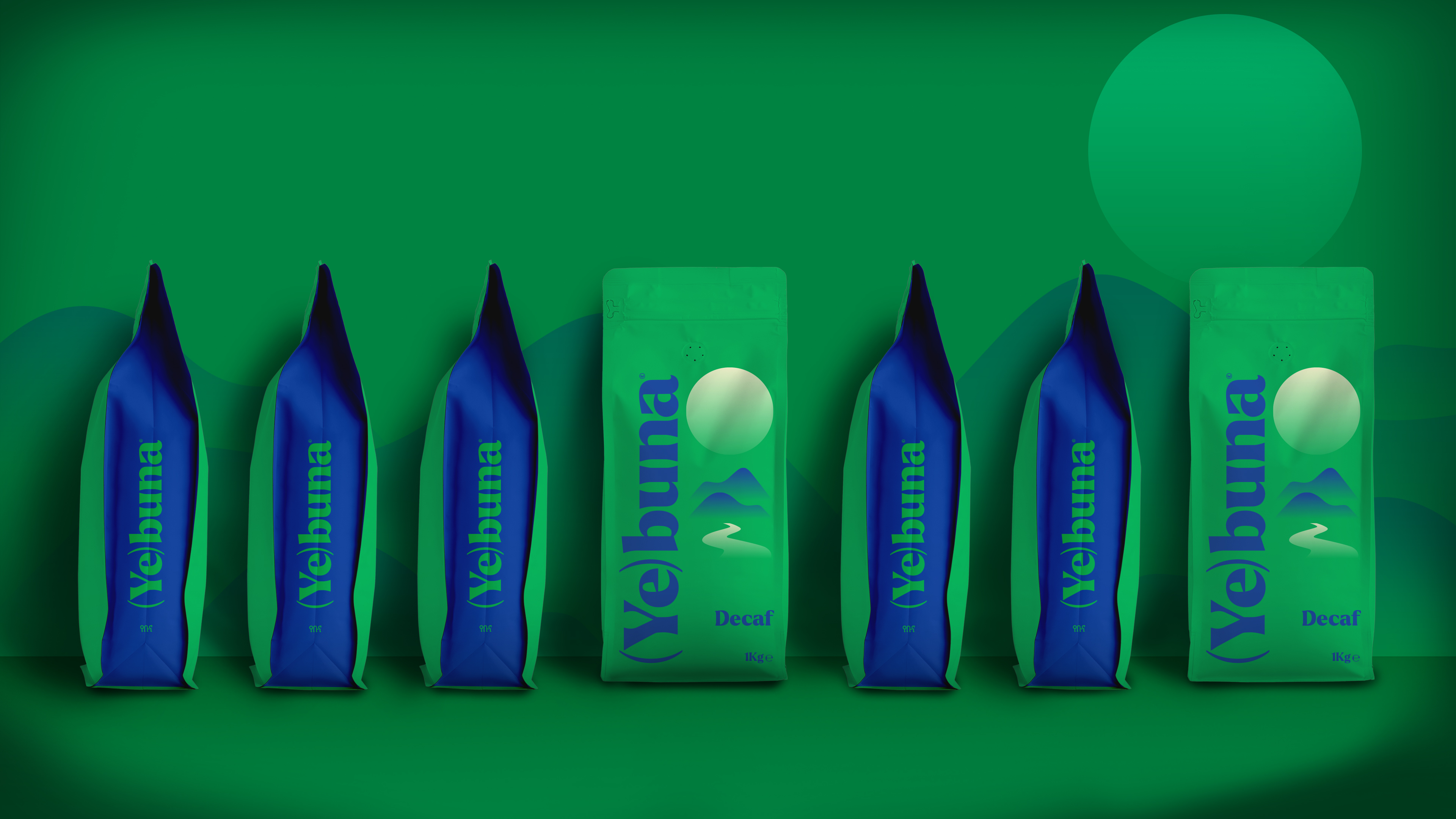
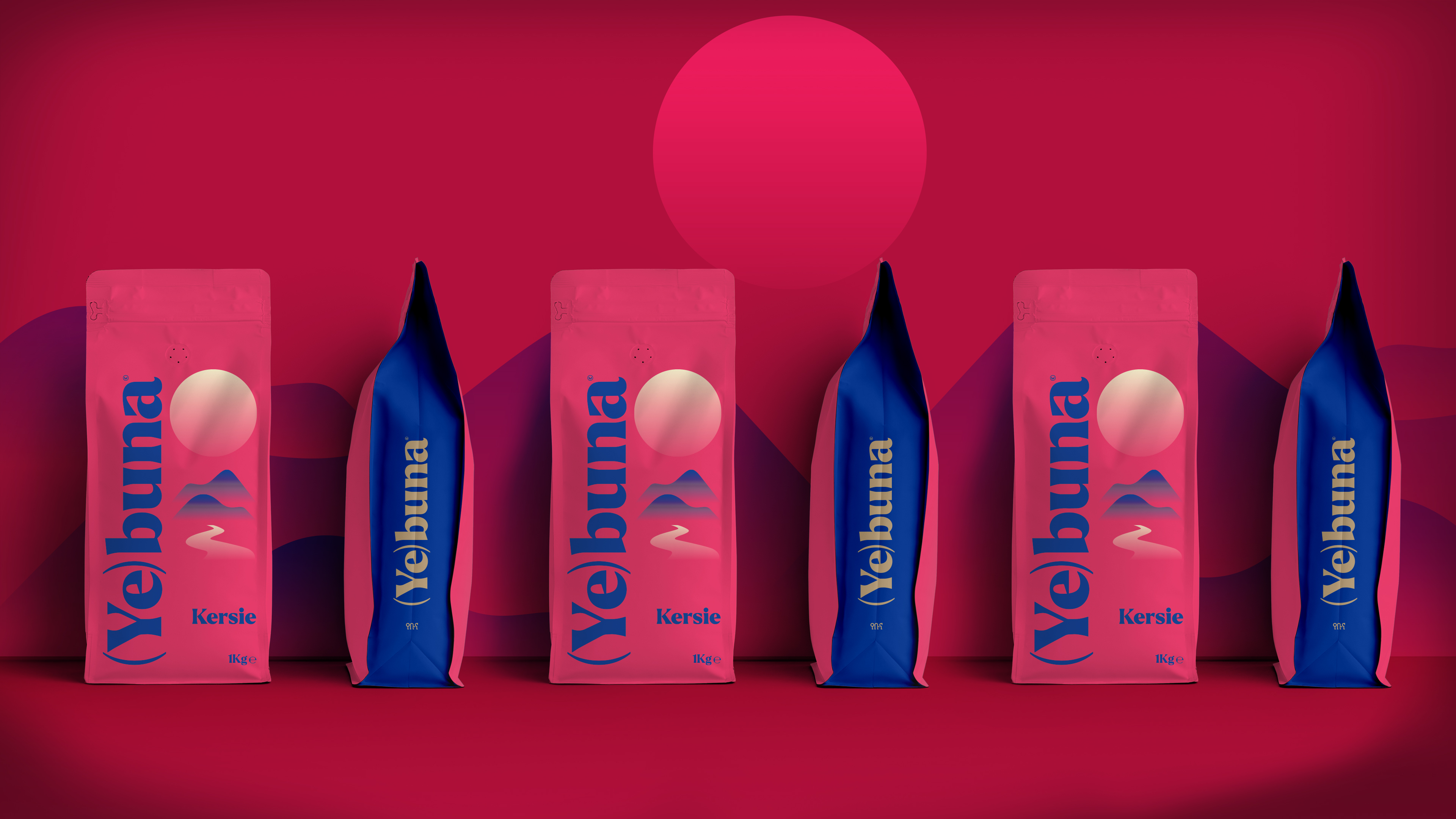
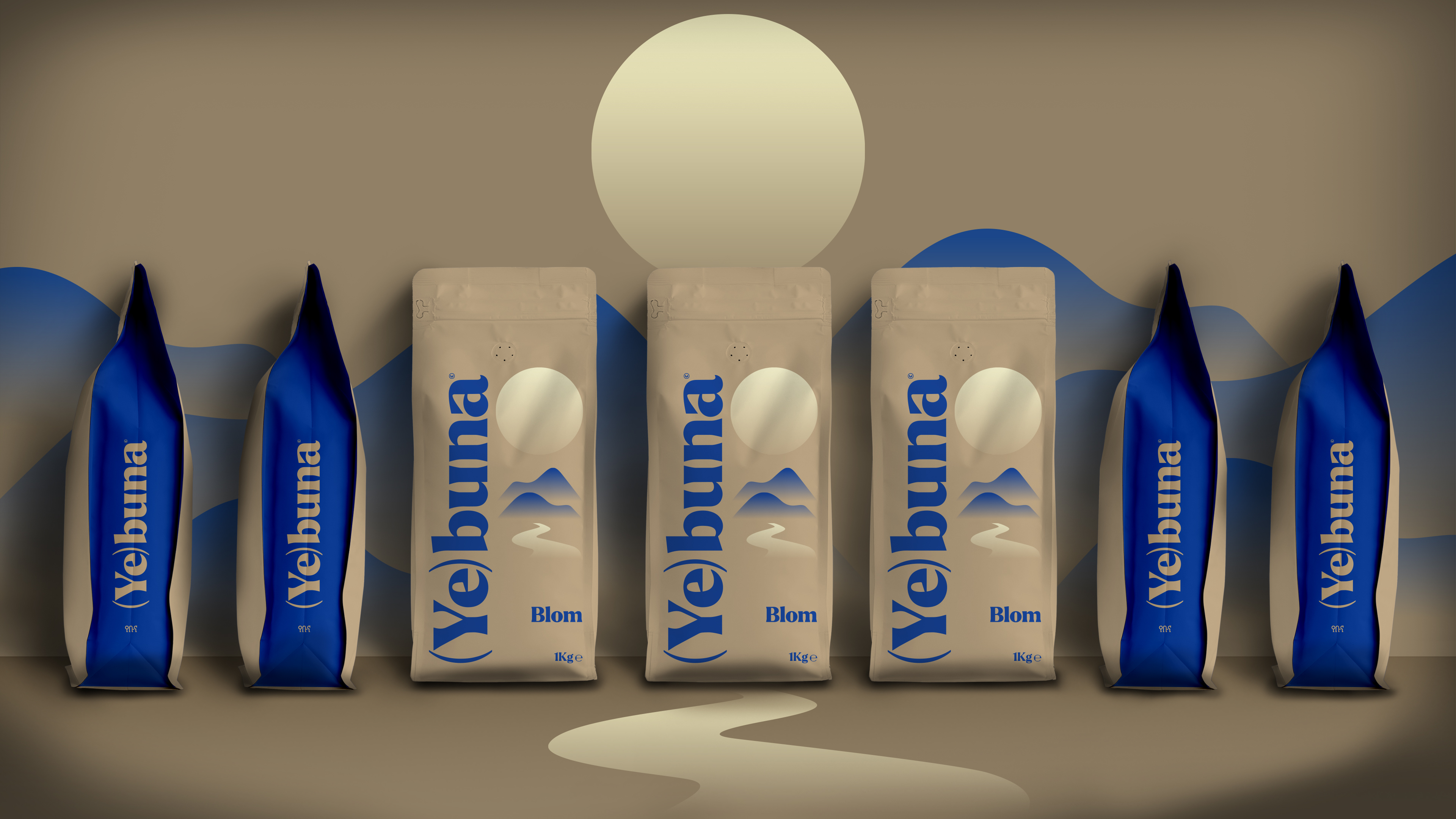

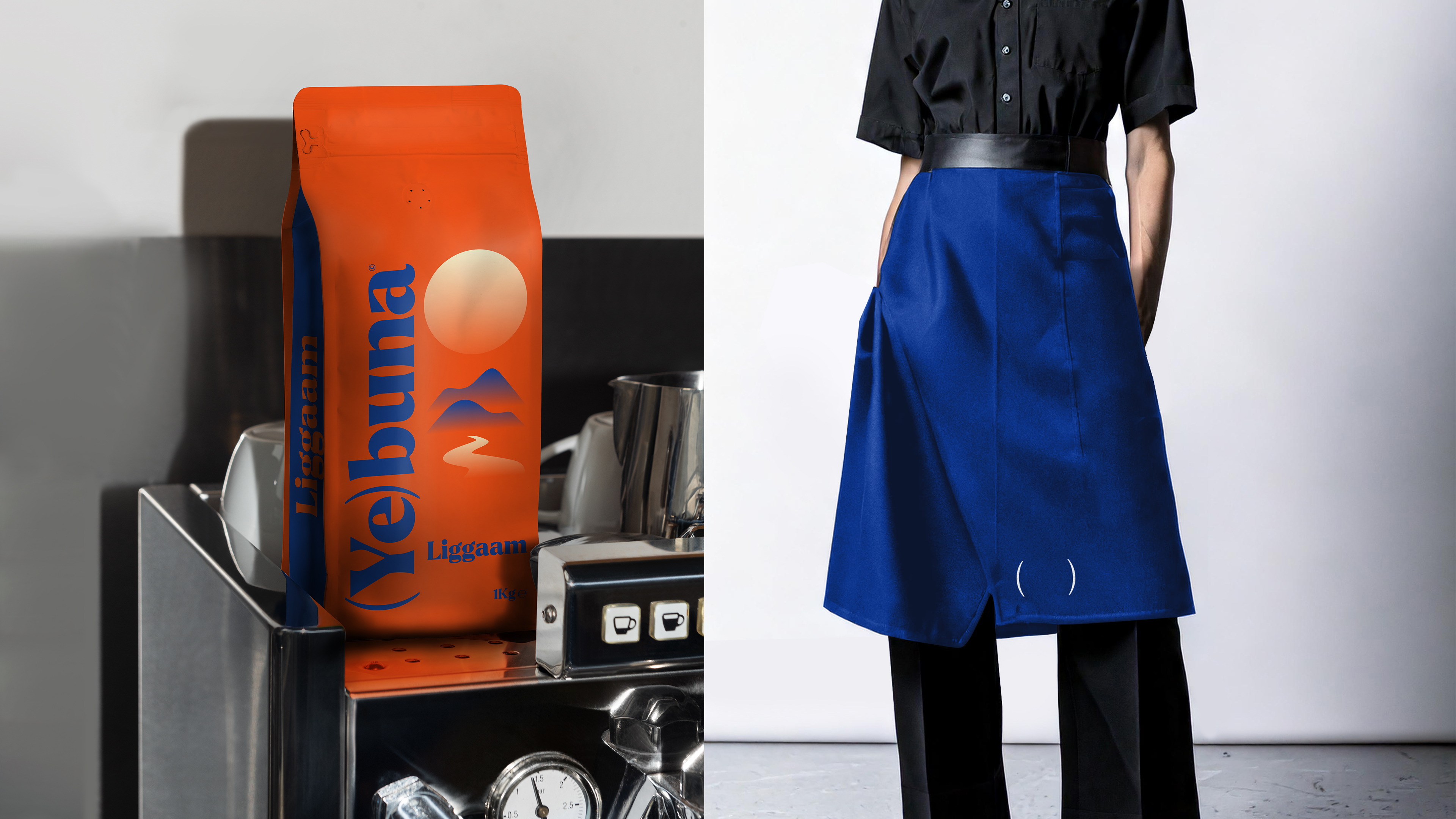
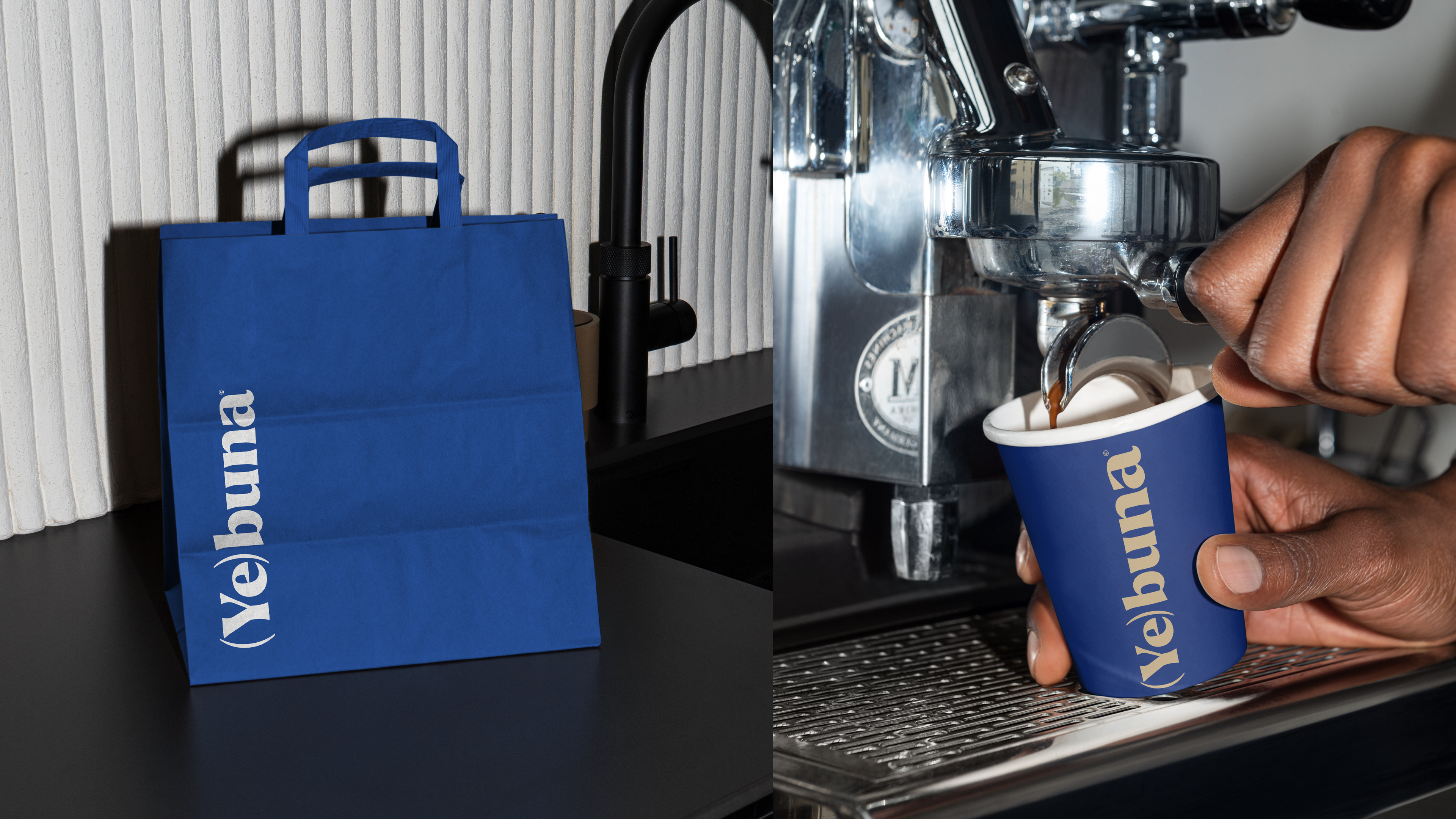
Brand of the Work
Yebuna
Designer Name
Antonia Skaraki
Position of Designer
none
Target Consumer
Yebuna is crafted for those who see coffee as more than a routine—it’s a ritual, a moment of connection, a journey of taste and culture. Our audience includes: Coffee Aficionados (Aged 25-55): Those who appreciate premium, ethically sourced coffee and are eager to explore specialty blends with authentic origins. Cultural Explorers & Storytellers: People who love immersing themselves in history, traditions, and sensory experiences—whether through food, travel, or art. Conscious Consumers: Individuals who seek brands with transparency, ethical sourcing, and sustainability at their core. Creatives & Thinkers: Writers, designers, and innovators who use coffee as a catalyst for inspiration, reflection, and deep conversation. Experience Seekers: Those who value the ritual of coffee drinking, appreciating the craftsmanship behind every cup rather than just the caffeine boost. Yebuna speaks to those who crave not just the taste of coffee, but the essence of its origins—the land, the culture, and the people behind it.
Distribution Channels
E-commerce; Other Coffee Shops
Positioning
Mass Production
Design Story
Yebuna was born from a profound respect for Ethiopia—the birthplace of coffee—and the traditions that shape its culture. The name itself, "Yebuna" (meaning "of coffee" in Amharic), reflects the deep cultural and historical ties embedded in every cup. We wanted to design a brand that doesn’t just represent coffee but embodies its essence—its conversations, its energy, and its ability to bring people together.
The logo’s design is inspired by clarity and purpose, with parentheses forming a capsule that holds coffee’s journey. It represents how coffee moves from its origin to the world, transforming from "my coffee" to "our coffee." The color palette, deeply rooted in **Africa’s natural beauty—sunsets, water, and mountains—**paints a vivid picture of coffee’s origins, reinforcing the connection between place and feeling.
Yebuna was designed to preserve the authenticity of Ethiopian coffee culture while making it accessible to a global audience, ensuring that every sip tells a story of craftsmanship, heritage, and passion.
Highlights
The most impressive aspect of our work is how we infuse meaning into every element of the brand—its name, design, and experience. Yebuna is more than coffee; it is a story woven from Ethiopia’s rich heritage, transforming every sip into a journey through time and culture. The parentheses in the logo, symbolizing the capsule of coffee’s essence, and the color palette inspired by Africa’s landscapes, are not just aesthetic choices—they are visual metaphors for connection, tradition, and sensory indulgence. Our ability to create a brand that speaks beyond words, using symbols, colors, and form, is what makes our work stand out.
Market Performance
none
Material(For concept works, please choose the material you plan to use)
PET material
Craft
The making of Yebuna coffee is a harmonious blend of tradition, skill, and innovation:
Art & Craft: Each batch of coffee is sourced from Ethiopia’s finest coffee-growing regions, using methods passed down through generations. The beans are handpicked at peak ripeness, ensuring only the highest quality makes it into the final product. The slow roasting process enhances the natural flavors, preserving the authentic taste and aroma that define Ethiopian coffee.
Design & Symbolism: The logo and packaging embody a sense of clarity and warmth, with the parentheses encapsulating the transformative nature of coffee. The colors are not just decorative but symbolic, telling the story of Ethiopia’s landscapes and the journey of coffee through history.
Technology & Innovation: While rooted in tradition, Yebuna embraces modern coffee-processing techniques to ensure consistency, freshness, and sustainability. From eco-friendly packaging to advanced roasting and grinding methods, every step is designed to honor the authenticity of Ethiopian coffee while meeting global standards.
Together, these elements create a coffee experience that is more than just a drink—it is a cultural bridge between past and present, local and global, tradition and innovation.
Does the design solve the problems that are common across the product category? If so, please explain.
none
What functional designs of the work have enhanced the user experience?
none
Did the design help increase the sales performance of the product? If so, please give related evidence.
none
Does the work consider sustainability (environmentally or commercially, or both)? If so, please explain.
none